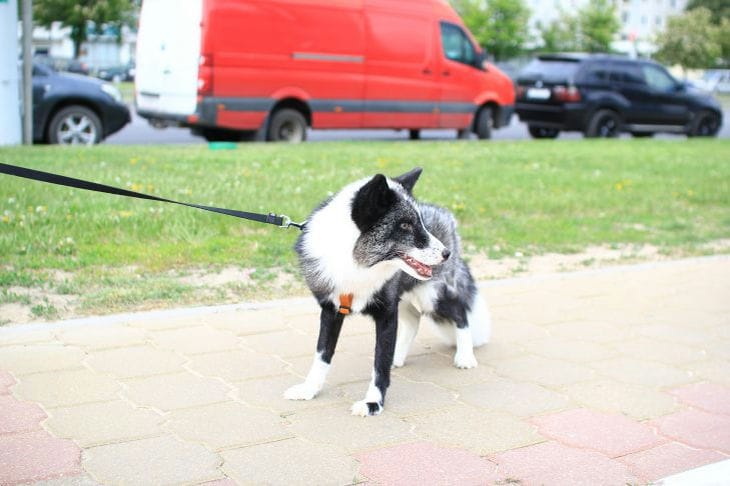Many people think that only puppies can be trained. But this is a misconception.
A dog of any age, even a very old one, can be trained. But when training adults, there are some nuances that you need to know about.
Before starting training, you should take into account the advice of dog trainers.

What dangers lurk when training an adult animal
It would be appropriate to draw a parallel with a person here. It is easy to teach a child or a young person, literally creating a personality with the necessary qualities.
Now imagine that you had to "train" an adult, and against his will. He has established habits, views on life, behavior. A protest on his part is inevitable.
In the case of an adult dog, the situation is similar. The older the dog, the more firmly established its habits and a certain behavior pattern. When trying to change them, two possible scenarios are possible.
1. Refusal. The dog simply sabotages training, refuses to follow commands completely or partially. Follows them only when there is no other way out, and at the slightest opportunity returns to the old behavior.
2. Aggression. Most often, this behavior is observed in service breeds of dogs and dogs with guard qualities. Fearlessness and the ability to attack people have been cultivated in them for many centuries. Such a dog will not suddenly obey if it has not done so before.
How to Train an Adult Dog Properly
The good news is that a dog is not a human. The main characteristic of this animal is its willingness to obey people. But a person must first earn the right to command. That is, show the dog that he is stronger, smarter and better than it. Neither people nor animals obey weak personalities.
When training an adult dog, you will have to be patient, since retraining is always more difficult than teaching from scratch.
You need to be strict and tough. But never cruel. If the dog has shown aggression, you can't beat it. This will only make the situation worse. A strong jerk on the leash and a stern shout are enough as punishment.
The second important component of training is encouragement. Even an adult dog will happily eat a treat for a correctly executed command. It is also important to praise your pet not just with words, but emotionally. Dogs love to bring joy to their owner.
Also remember the breed characteristics. If with a German Shepherd you should focus on strictness and discipline, then training a Husky or Malamute will require patience and persistence.
The most important thing is not to stop training. If the dog has won at least once (for example, it refused to obey a command, and the owner did not achieve compliance, but let it go for a walk), it has realized that it can train a person. The pet will increase the pressure. In difficult cases, it is better to contact a dog trainer who will help not only conduct training, but also not to give up what you started.
